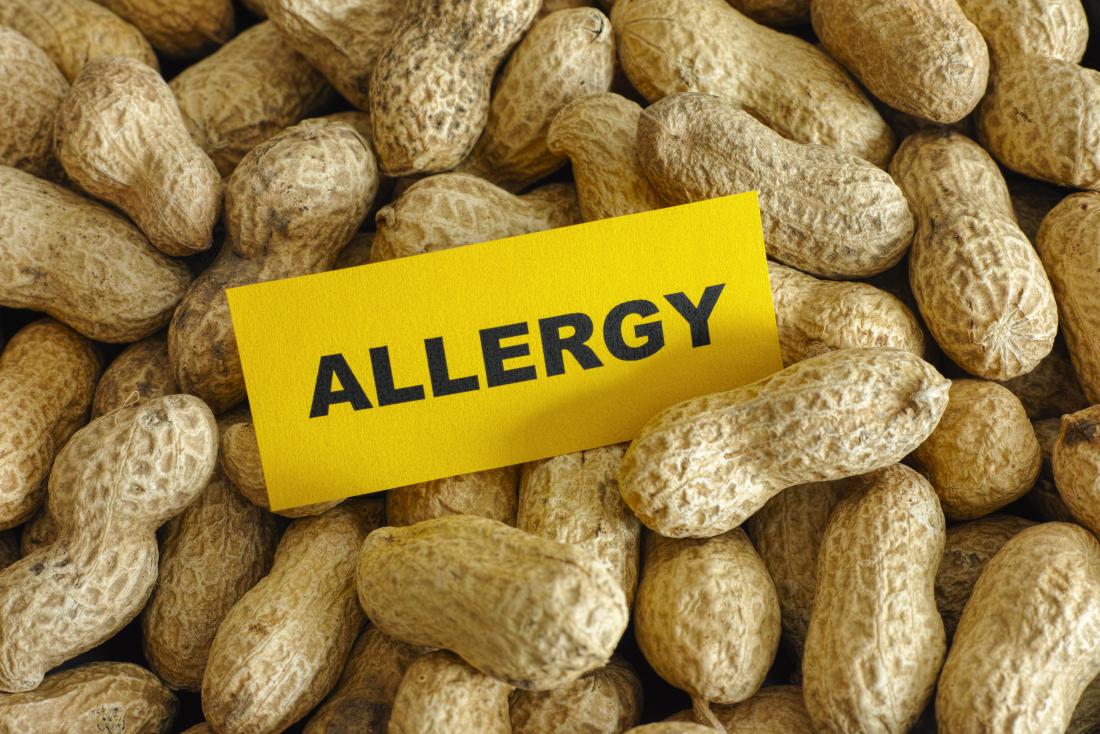A recent study published in European Child and Adolescent Psychiatry highlighted that the intake of nuts and fish by pregnant women, particularly during early pregnancy, may play a role in shaping their children’s neuropsychological behavior, especially in preadolescence.
Background: Nutrition during pregnancy is critical not only for maternal well-being but also for the child’s brain development and long-term mental health. Poor dietary choices during pregnancy have been linked to suboptimal cognitive and behavioral outcomes in offspring.
Previous research emphasizes the importance of long-chain polyunsaturated fatty acids (LC-PUFAs) in supporting fetal brain development. These essential fats, predominantly found in nuts and fish, influence key brain regions such as the prefrontal cortex, which governs decision-making and impulse control.
Although nuts have consistently shown positive effects on children’s neuropsychological development, findings related to fish consumption have been mixed. The present study sought to further investigate how maternal intake of these foods could be connected to children’s impulsivity and risk-taking behaviors in preadolescence.
Study Overview: The research included 1,386 mother-child pairs from the Spanish Environment and Childhood Project, a large-scale birth cohort study. Maternal consumption of nuts and fish was assessed during both the first and third trimesters through a validated dietary questionnaire. Children underwent neuropsychological evaluations at age 11 to assess impulsive behavior and risky decision-making.
Key Findings:
- Higher maternal intake of nuts during the first trimester was associated with fewer risky decisions in children. However, it did not significantly influence impulsive behavior.
- Moderate levels of fish intake (specifically the second quintile) during early pregnancy were linked to increased impulsivity in children. No consistent trend was observed across higher levels of intake.
- Fish consumption did not show a significant relationship with risky decision-making.
- No substantial associations were found between food intake during the third trimester and the assessed behaviors.
Interpretation and Relevance: The study suggests that higher nut consumption during early pregnancy may provide neurodevelopmental advantages, possibly by supporting the maturation of the prefrontal cortex, thereby reducing risky decision-making in children. In contrast, moderate fish intake was unexpectedly associated with greater impulsivity, which may be due to contaminants like mercury and other heavy metals found in certain fish varieties. These toxins are known to negatively affect attention and cognitive function.
Despite these associations, the researchers caution that the findings are observational and do not confirm causality. Other unmeasured factors may also play a role. Notably, prior analyses from this cohort did not identify mercury as a confounding factor.
The findings underscore the importance of maternal nutrition in early pregnancy, especially in relation to children’s behavioral development. They highlight a need for greater public awareness and education on the subject, as well as further research that includes children with fully matured brain structures for long-term neuropsychological assessments.
Limitations:
- Dietary data were self-reported, which could lead to reporting biases.
- Participants with complete data tended to come from more privileged backgrounds.
- The study focused on a Spanish population, which may limit the applicability of the results to other ethnic or regional groups.








